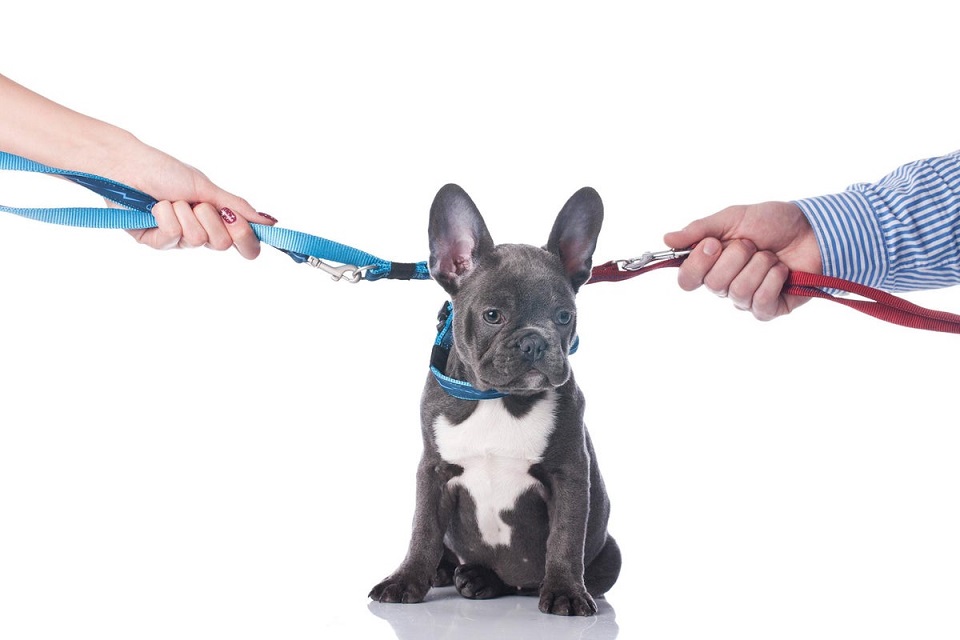For anyone going through a divorce, it can be the case that everything is agreed amicably including finances, property settlement, and arrangements for the children and that the work of each divorce lawyers is merely to facilitate the agreement by drawing up the divorce papers and submitting them to the family Court to be approved.
No doubt many a family lawyer is reading this and saying, ‘If only’, because there are many divorces that take a different path where each spouse refuses to accept the other’s proposal for a divorce settlement and ultimately the matter needs to be resolved by going to the Family Court.
Often the most contentious issues revolve around the arrangement for children and in some cases, it will be the property settlement that the two parties are haggling over. There is one matter, however, that few people think of being a contentious issue until they themselves have had to face it, and that the question of what happens to any pets that the divorcing couple own.
Whilst the Family Law Act of 1975 has paragraph upon paragraph about how the law wants the best interests of children being served with regards to any arrangements made for them, but rightly or wrongly, the legislators of the time did not think to apply the same criteria to pets.
We say that with our tongue in our cheek as the idea that children are pets are on an equal footing when it comes to how the law would want to protect their welfare is not a serious one. At least that might the view within the legal universe, but just ask any pet owner how much they love and adore their pet, and it will become clear that they certainly want their pet’s welfare to be looked after.
Further, when a divorcing couple each wants to have the pet live with them, and they disagree on the matter, the attachment they each have to that pet can make this issue create more acrimony between them that there was when discussing their children or finances.
Despite whatever devotion each party might have to their pet, and however much that pet is regarded as a member of the family, family law sees it somewhat differently. The fact is that family law regards pets as property, and in that sense, they are regarded as no more important than the fridge or the jointly held shares that the couple might own.
In this regard, a court will not get involved with respect to so-called pet custody unless it absolutely has to. Instead, it would expect the couple to come to an agreement over the pet, even if that includes the couple sharing the time that the pet lives with them. This may also include financial agreements with each of the couple making an equal contribution to the pet’s vet fees, for example.
If all else fails, and no agreement can be reached, each of them has the right to apply to the court for a consent order with regards to who gets ownership, or custody, of the pet.
Factors taken into consideration are if a property is suitable for a pet to live, who mainly cared for the dog with regards to feeding, walking, and vet visits, if the pet was registered under a specific name, and who initially paid for the pet. The court may also look at whether there are children and how it might be beneficial if the pet lived with them.

